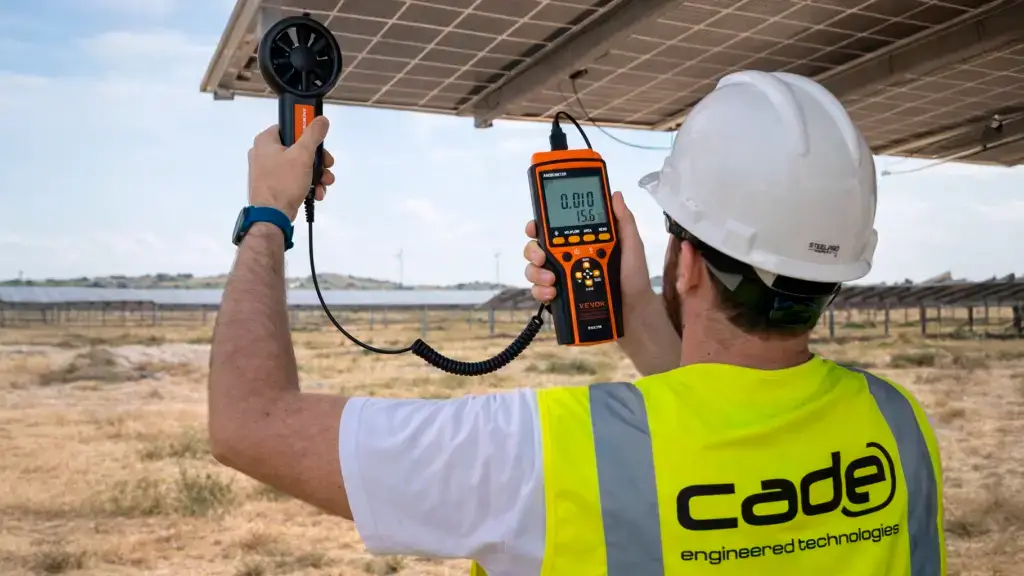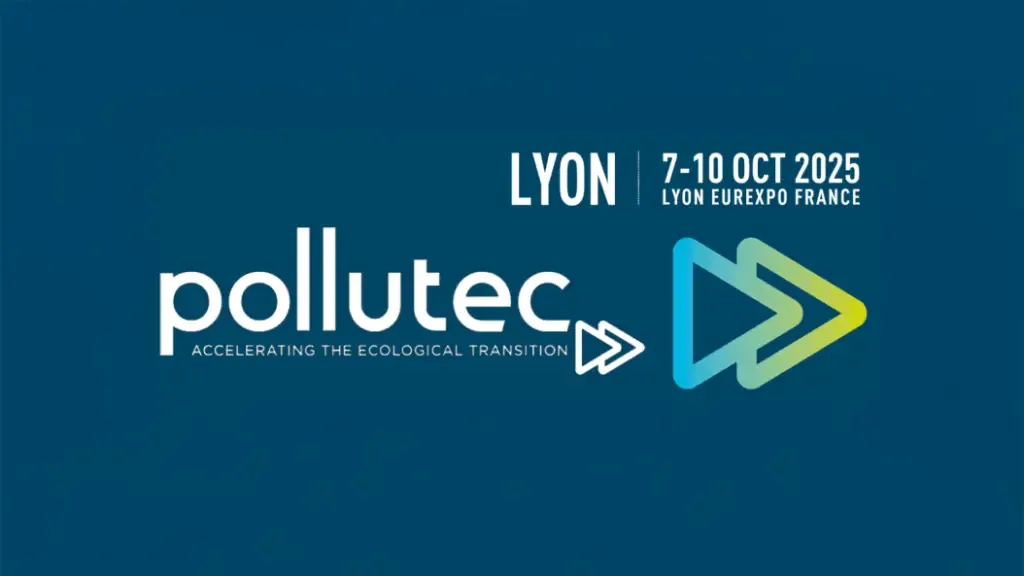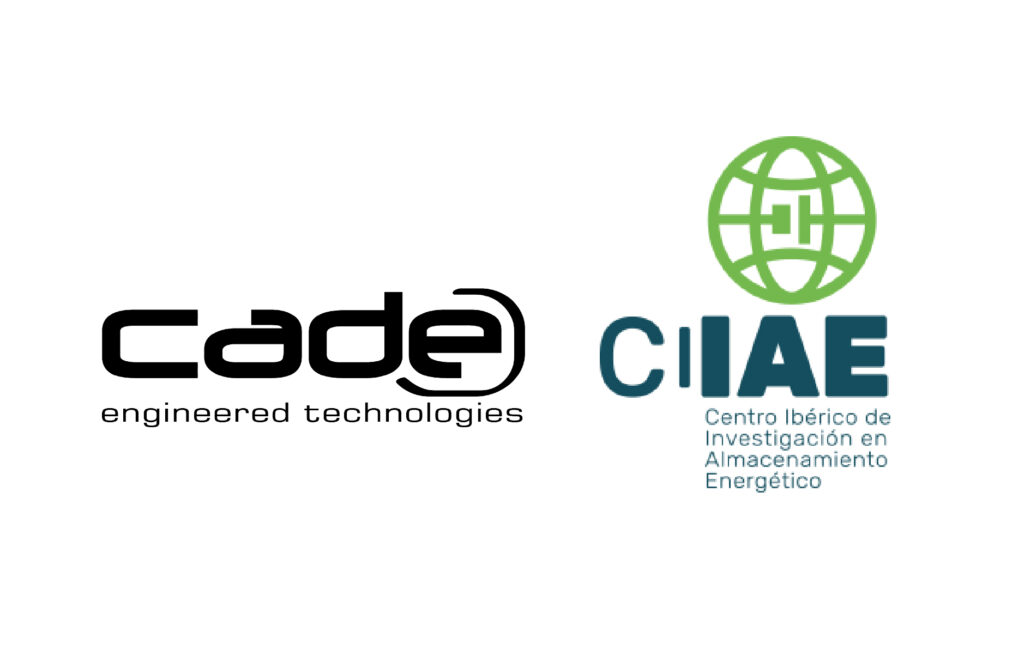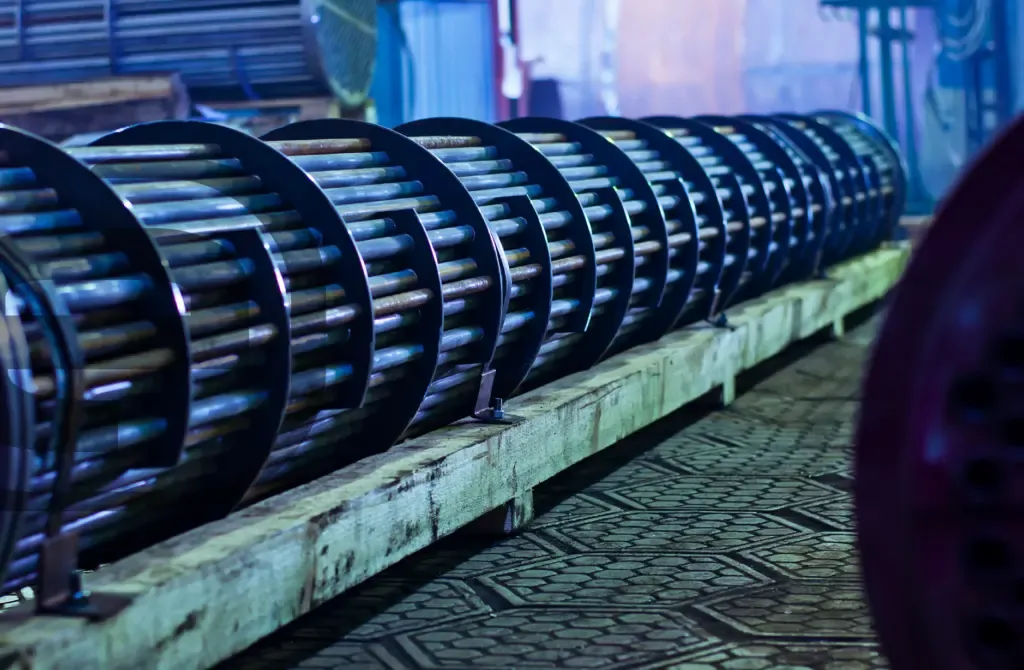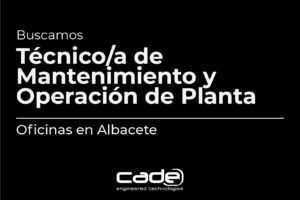HTF is a heat transfer fluid widely used in solar thermal power plants as an exchange fluid for steam generation, as well as for heating molten salts in energy storage systems.
Depending on the size and design of each plant, the amount of thermal fluid that circulates in a solar thermal power plant is usually in the range of 1,300 and 2,200 tons.
HTF is a eutectic mixture of two aromatic hydrocarbons derived from benzene: biphenyl and biphenyl oxide. Due to the high temperatures in the solar field (> 350ºC), HTF decomposes/degrades into low and high boiling point components, commonly called Low Boilers (mainly benzene and phenol) and High Boilers (dibenzofurans, ortho, and terphenyl, phenoxybiphenyl and tetraphenyl).
Hydrocarbons, in general, undergo degradation reactions that give rise to other hydrocarbons that modify the characteristics of HTF, it is necessary to have a system to eliminate these degradation products and thus avoid problems of clogging filters, deterioration of valves and pumps, reduction of the exchange capacity (since the properties of HTF are affected) and decrease of the flashpoint (consequences in the safety of the installation).
Currently, the plants have the HTF waste disposal system commonly called Ullage system, which is in charge of purifying the HTF by eliminating degraded compounds from the thermal oil from the solar field. These systems are based on operations with a system composed of several flash tanks and successive cooling, and allow to recover approximately 10% of the flow of thermal oil purged in the expansion tank, and implies annual HTF losses of more than 20 tons.
Currently, there are new alternatives (referred to as Best Available Techniques (BATs)), which allow greater recovery of thermal oil and a lower generation of waste, among which the regeneration in situ of thermal oil stands out. Through this solution, it is possible to purify up to 85% of the degraded thermal oil.
Its advantages include:
Continuous regeneration of the HTF, minimizing the waste generated.
- Extraction of really degraded compounds (Low Boiler and High Boilers), minimizing carry-over and losses of non-degraded HTF.
- Reduced HTF replenishment rate by continuously regenerating.
- Reduction of environmental risks derived from an accidental spill during transport by an authorized manager, since the waste to be managed is minimized.
- Reduction of plant operating costs, because HTF replacements to the system are reduced.
CADE counts on the experience of having developed and executed various projects for operational improvement and minimization of the economic impact of HTF degradation in solar thermal plants. Since 2006, the company has been actively present in the solar thermal sector as a leading engineering and consulting company, developing process solutions, comprehensive engineering projects for plant improvements, and integrity and performance consulting projects in more than 25 plants in operation worldwide.
Further information
For any query or request for additional information about our services and technologies, please complete the following form:

